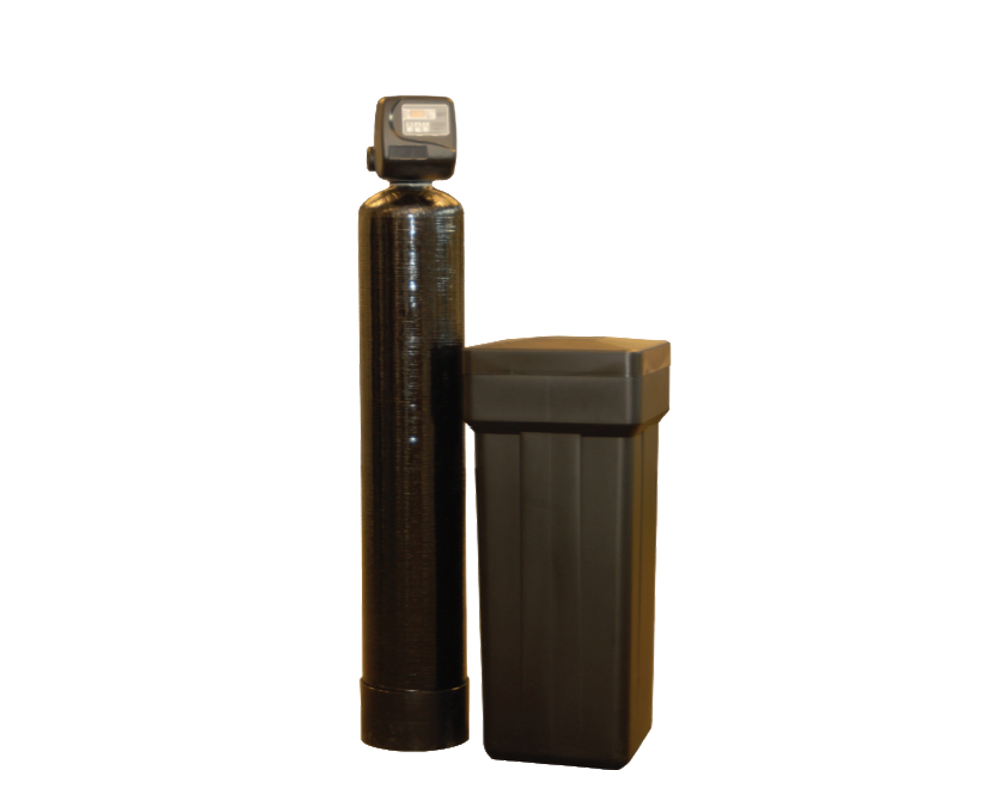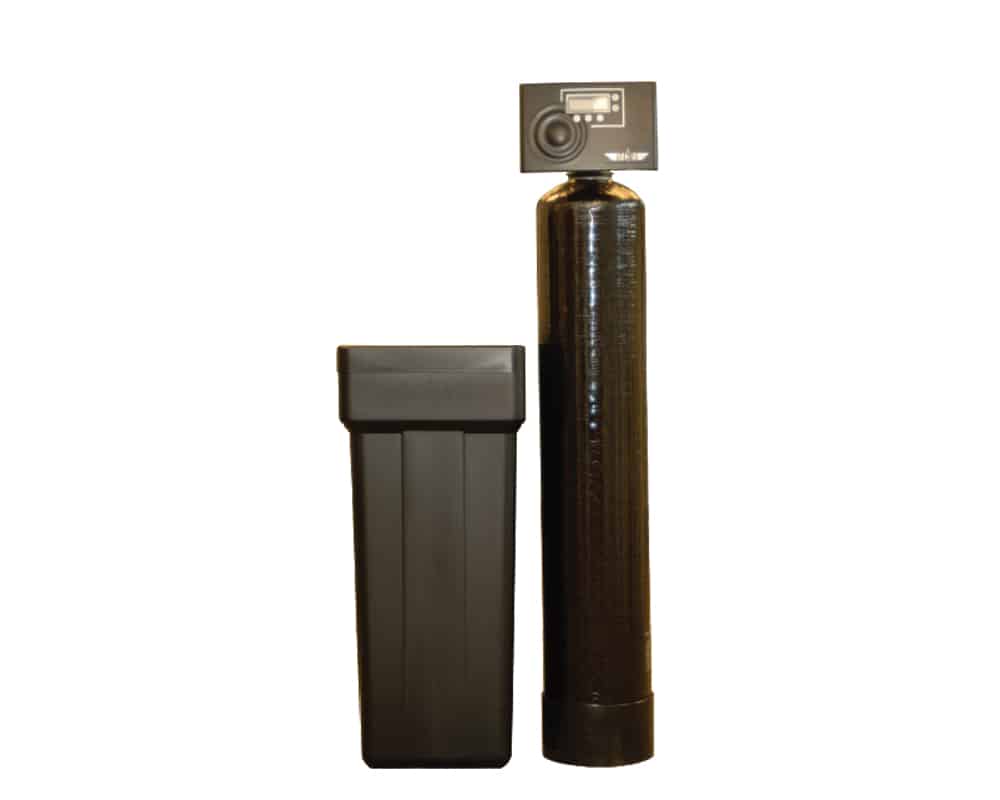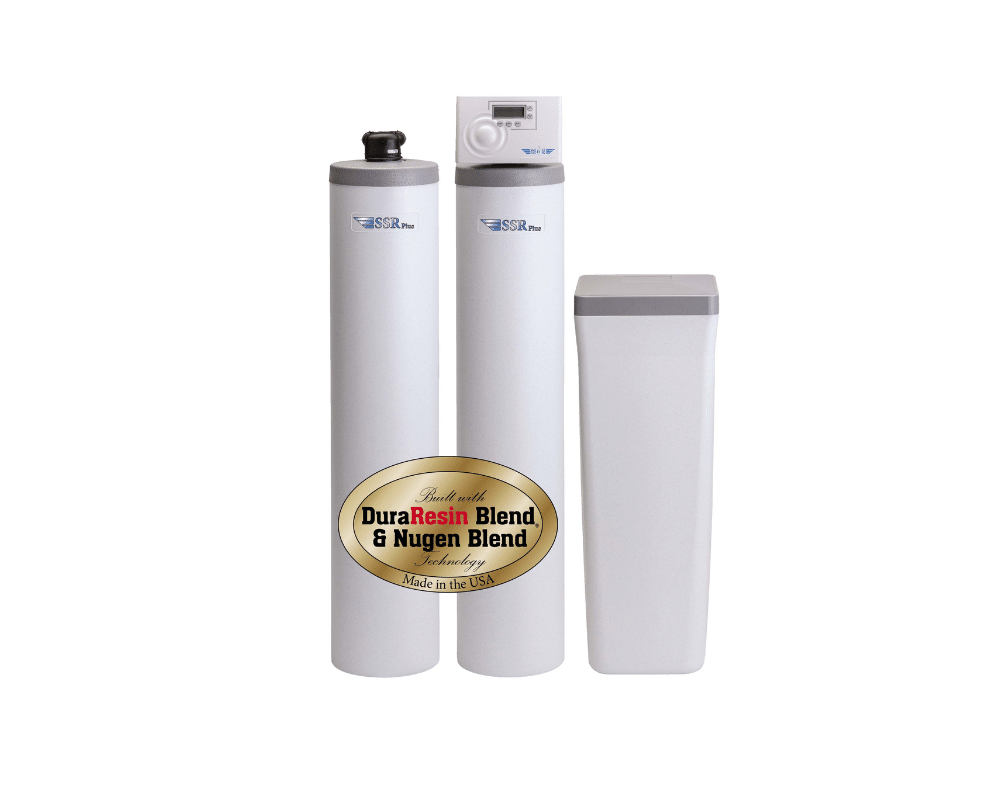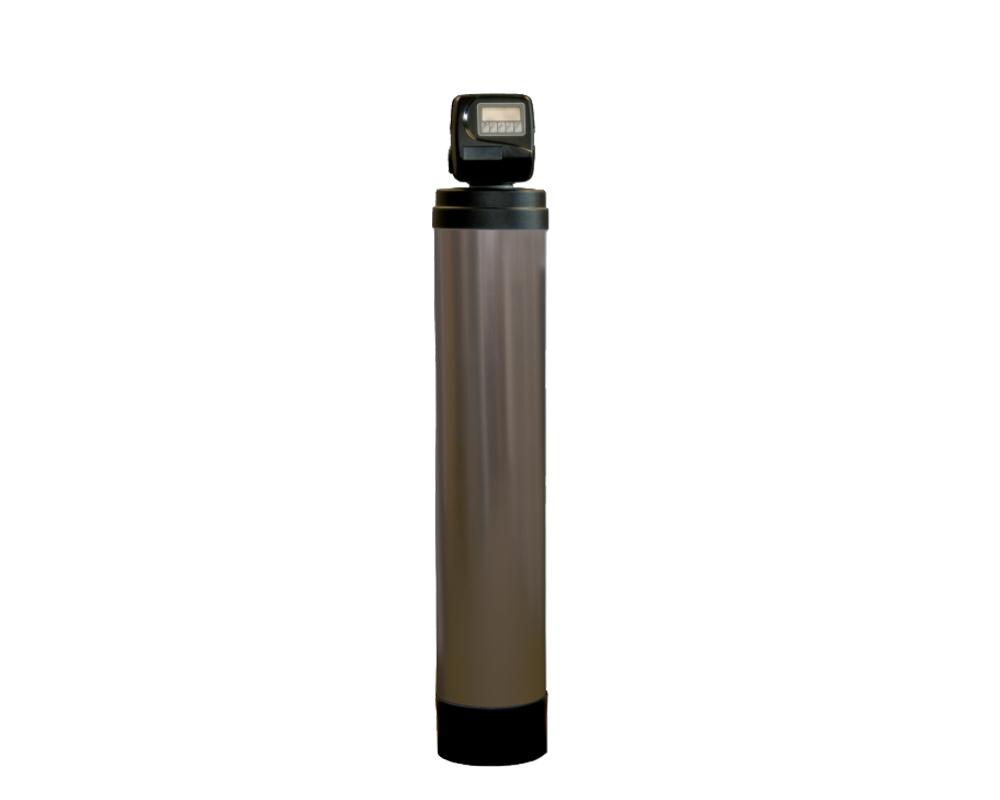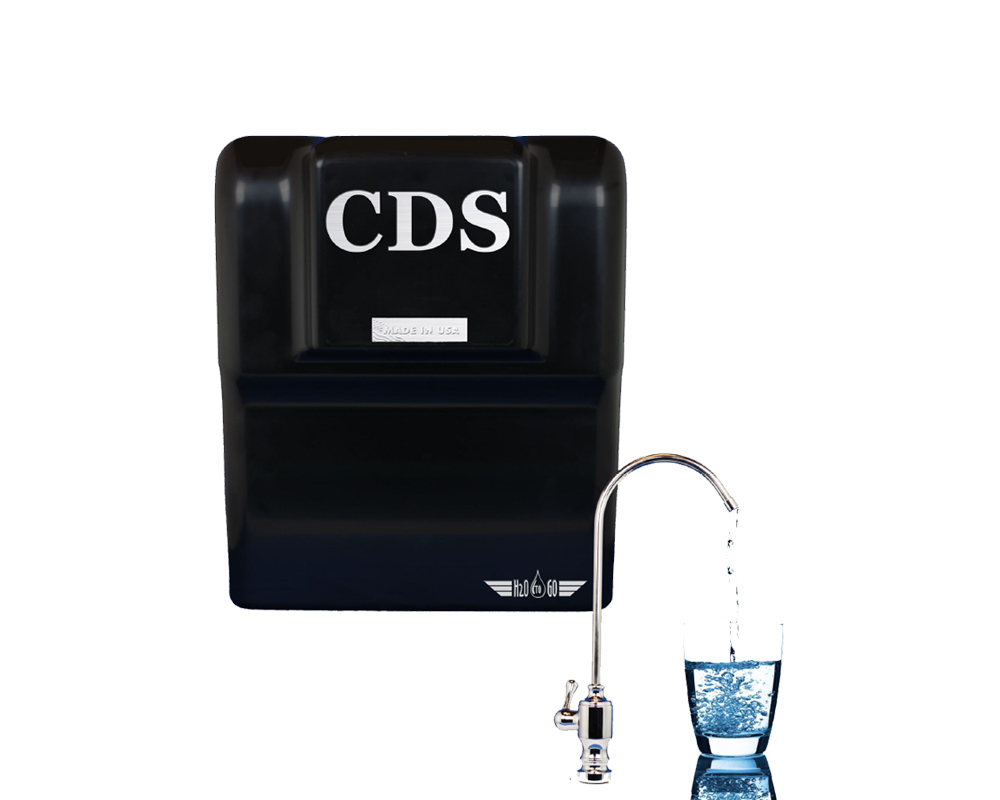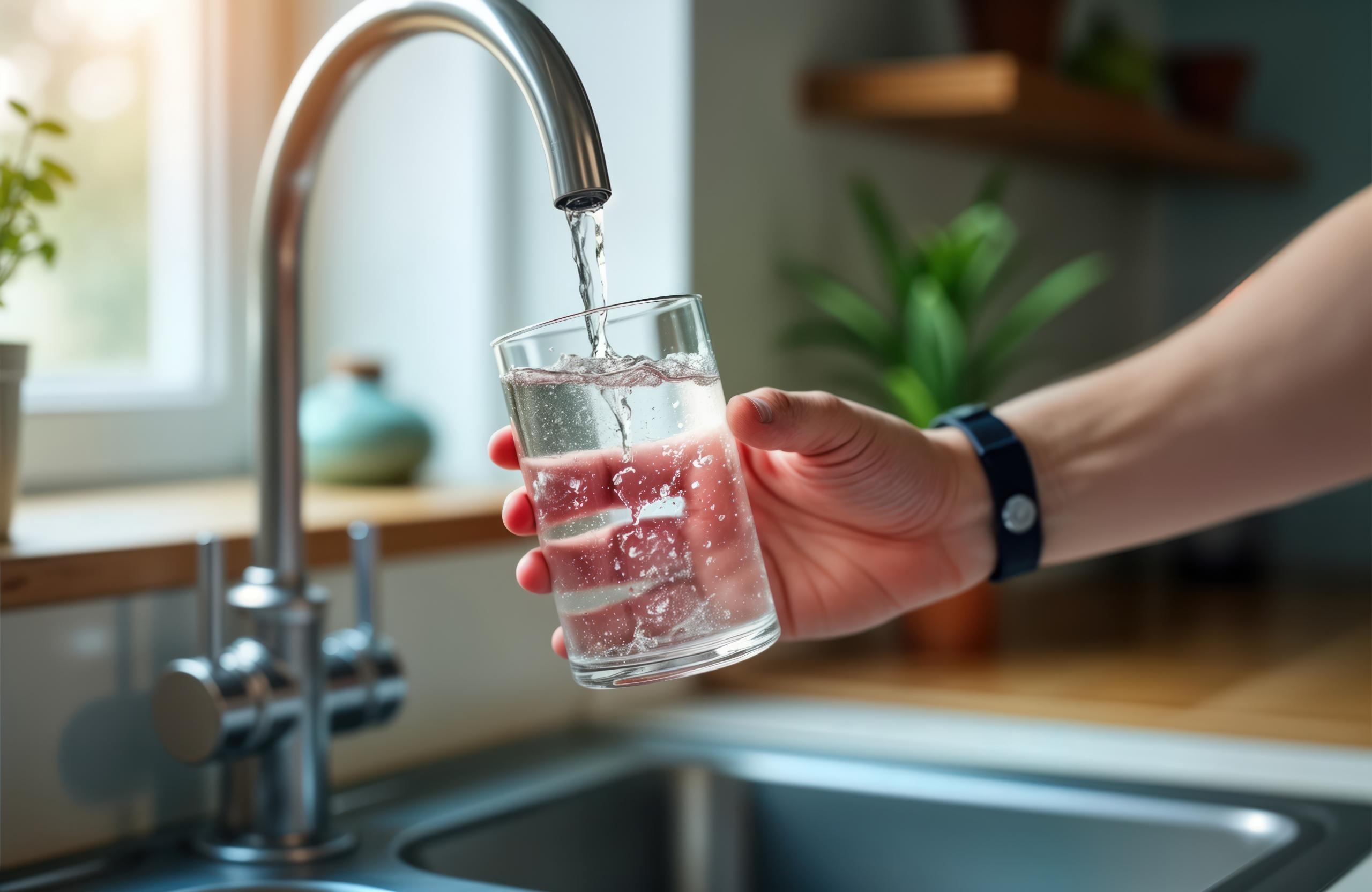Free no-obligation, no-pressure consultation in your home or on the phone - your choice.
Would you go to a podiatrist to have your teeth cleaned? Why would you go to a plumber for water softening equipment? Water Softening, that's all we do!

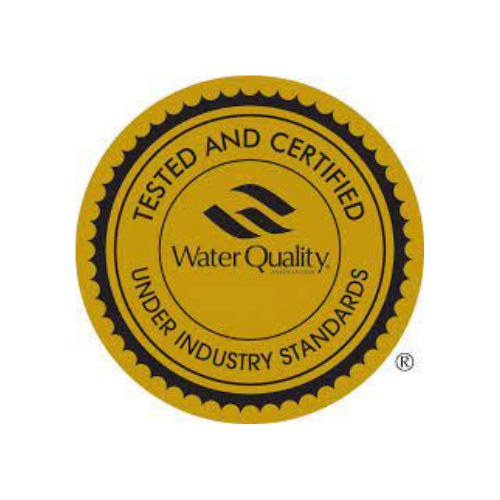


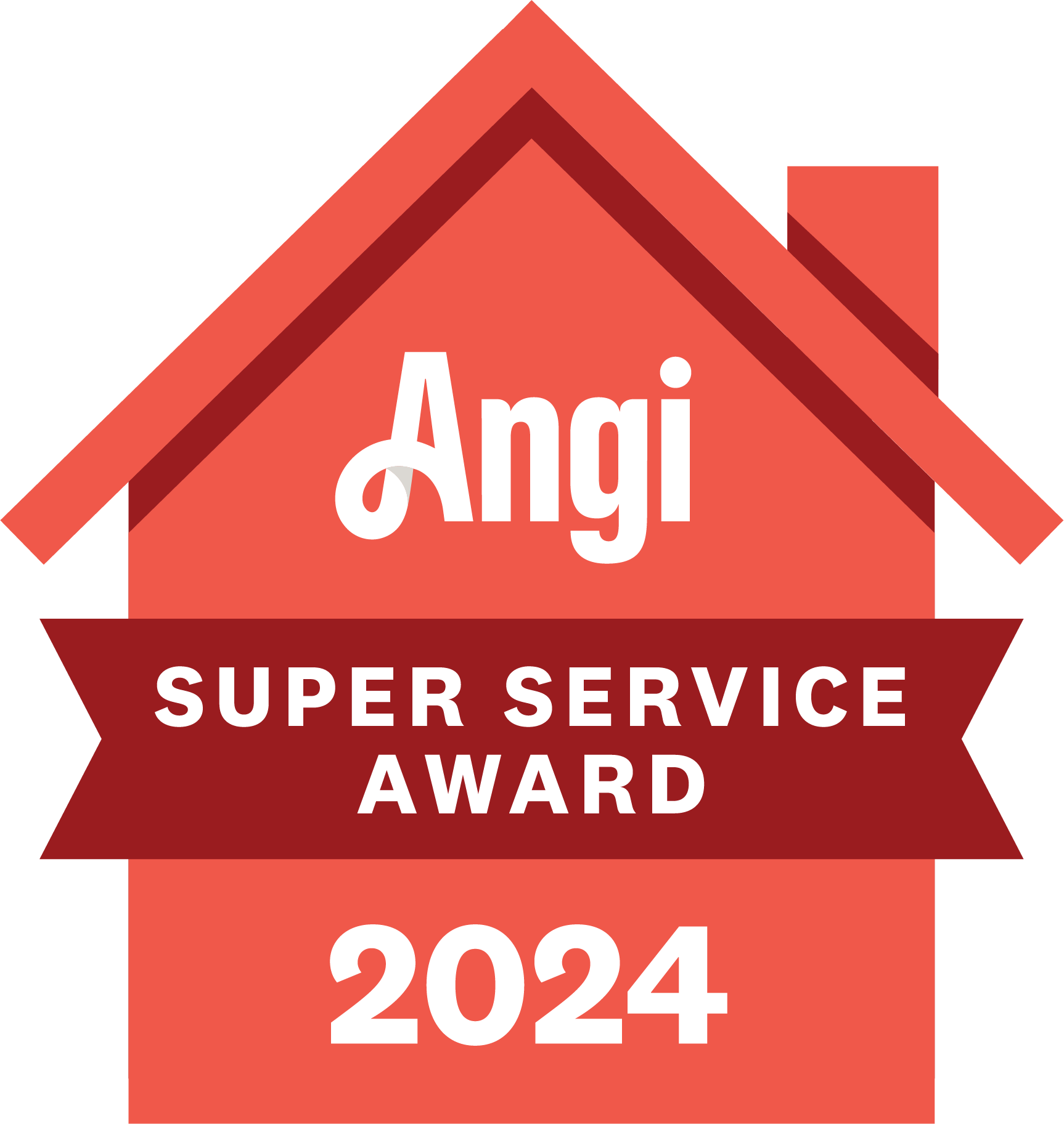

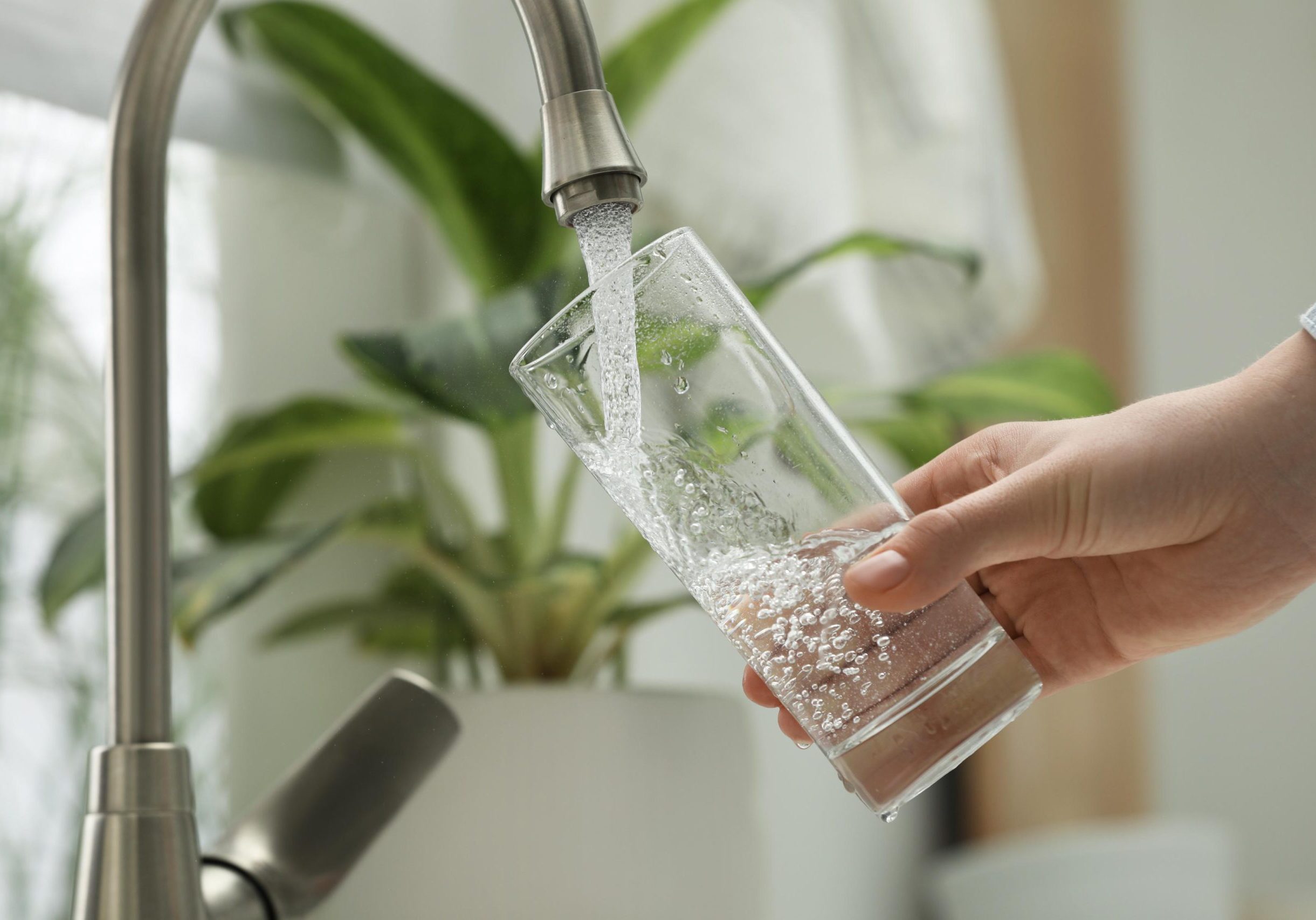
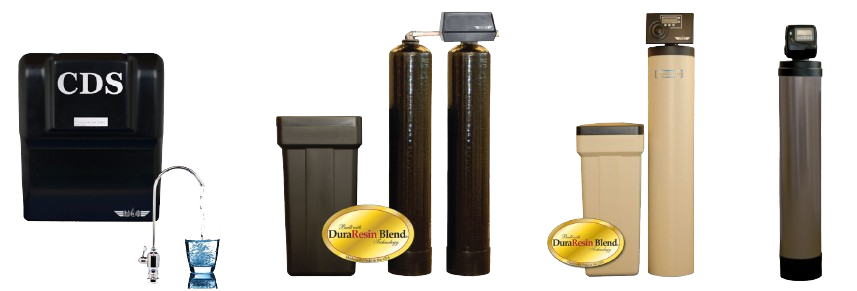
About
Trusted Water Treatment for Las Vegas Homes
At Soft Water Nevada, we treat water the right way. We serve the greater Las Vegas Valley with professional water purification systems built to last. As specialists in water softening, refining, and filtration, we tailor every solution to solve your specific water challenges. With 40+ years of local experience, we make your water cleaner, safer, and better—every time you turn on the tap.
Our Services
Clean Water Starts Here
We offer advanced water treatment systems that remove impurities and protect your plumbing, appliances, and health.

